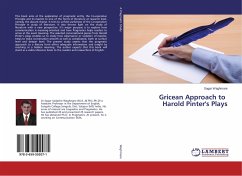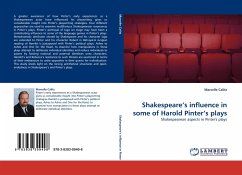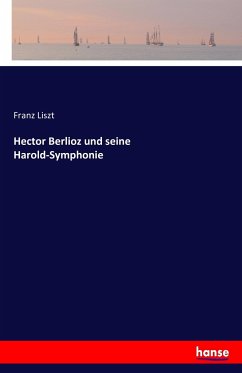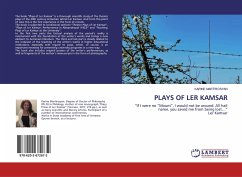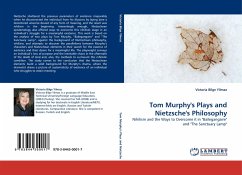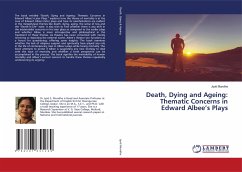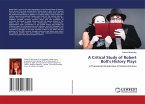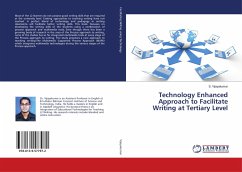This book aims at the application of pragmatic entity, the Co-operative Principle and its maxims to one of the forms of literature at research level, namely, the absurd drama. It tries to unfold usefulness of the Co-operative Principle in study of literature. It also throws light on the study of literature with a new perspective. It's major purpose is to explore how communication is meaning-oriented and how Pragmatics helps readers to arrive at the exact meaning. The selected conversational pieces from Harold Pinter's plays enables us to study how observance or violation of maxims, helps to make conversation smooth as well as complicated, both at surface level and deeper level. The present study asserts that the pragmatic approach to a literary form offers adequate information and insight by reaching at a hidden meaning. The author expects that this book will stand as a valid reference book to the readers and researchers of English.
Bitte wählen Sie Ihr Anliegen aus.
Rechnungen
Retourenschein anfordern
Bestellstatus
Storno

